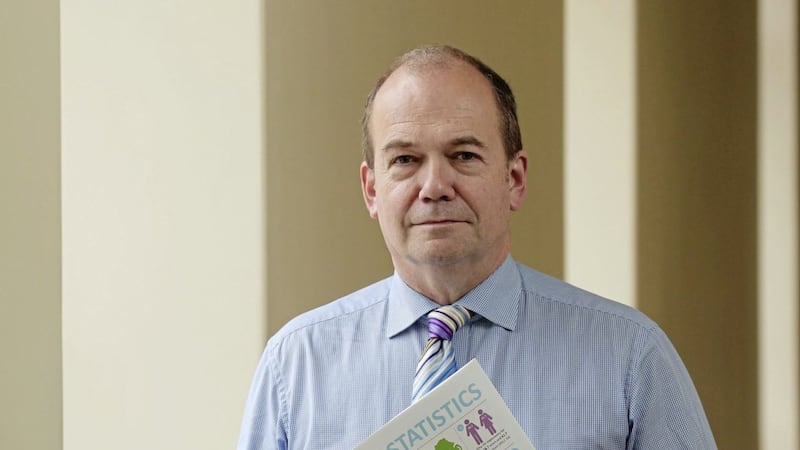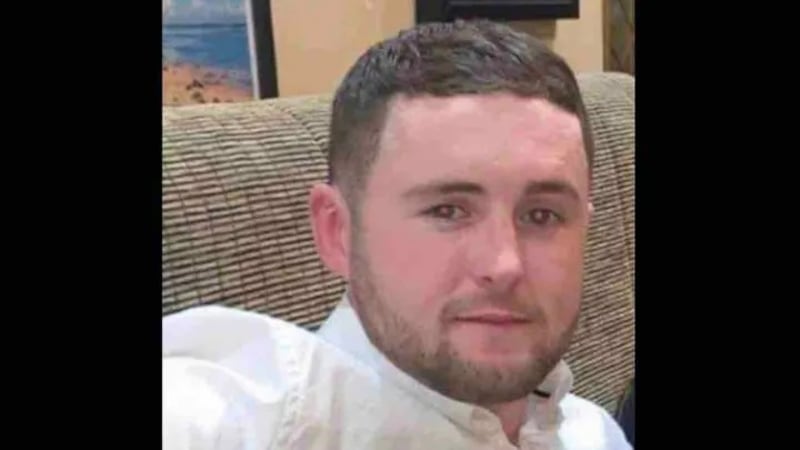A "SMARTER" way of treating patients in order to curb the dangerous overuse of antibiotics needs a "transformation of the health service".
Alliance Health spokeswoman Paula Bradshaw was speaking after it was revealed that Northern Ireland's antibiotic usage is 30 per cent higher than the rest of the UK.
Chief Medical Officer Michael McBride stressed urgent action must be taken now to prevent millions of people worldwide dying unnecessarily from infections each year due to the growing resistance to antibiotics.
Ms Bradshaw said during her "recent round of engaging with the five health trusts and Department of Health", the need for a reduction in "the number and nature of drugs and treatments prescribed by GPs" was flagged up.
"This report of the chief medical officer backs up the need for the introduction of smarter ways of treating patients," she said.
"The Alliance Party is keen to see the transformation of the health service brought forward as quickly as possible.
"The sooner we see multi-disciplinary teams operating at primary care level, the better; as they will ensure that patients have access to their GP and or other allied health professionals, for example a prescribing pharmacist, who can ensure that the more effective treatment is given."
In Greater Manchester, blood tests to determine if patients really need antibiotics are being introduced at doctors' surgeries.
Seven GP practices have been testing the new scheme over 12 months and earlier this month it was rolled out to 21 more.
Patients presenting with respiratory infections like chesty coughs and colds are given simple fingerprick blood tests, with results available within minutes, helping to diagnose whether it is a viral or bacterial infection.








